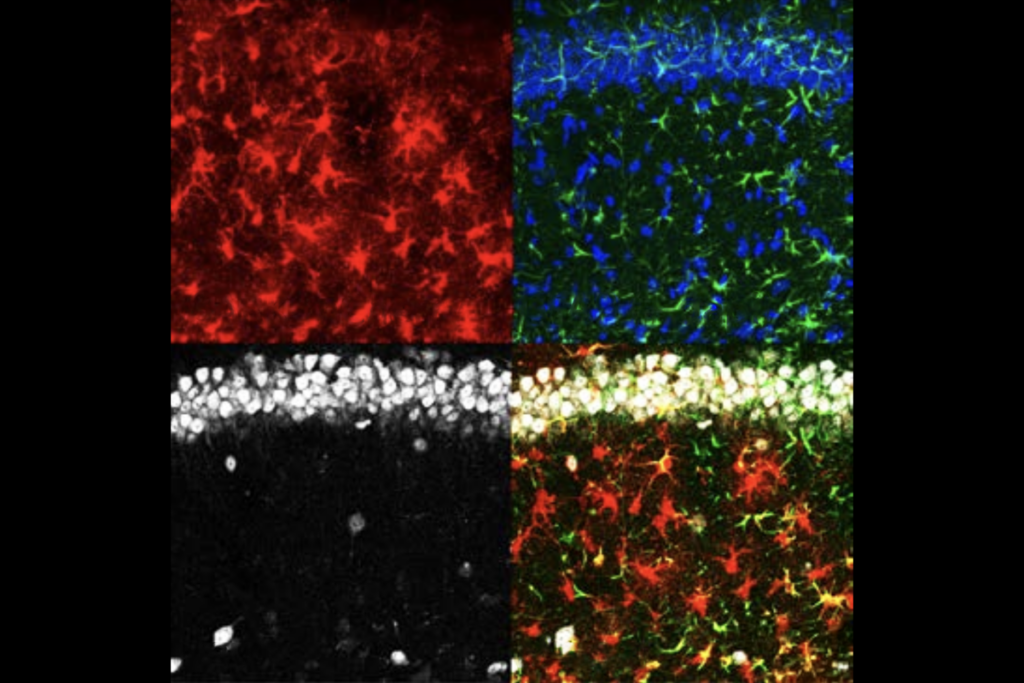Debate over unsettled science about prenatal acetaminophen exposure and autism is at the center of a slew of lawsuits that parents have issued since June against manufacturers and retailers of the over-the-counter painkiller. Last Thursday, those cases cleared a potential hurdle as a U.S. federal judge denied a manufacturer’s motion to dismiss one of the lawsuits against it.
The suit, from a Nevada woman named Cherise Chapman, alleges that the pharmaceutical company Johnson & Johnson, which manufactures Tylenol-brand acetaminophen, should have warned pregnant consumers about the possible neurodevelopmental effects of prenatal exposure to the drug. Over the past decade, some limited evidence has linked use of the drug during pregnancy to autism and attention-deficit/hyperactivity disorder (ADHD) in children.
Chapman’s suit is one of more than 100 in a mass litigation from parents who took a product containing acetaminophen during pregnancy and claim it caused autism or ADHD in their children. The mass litigation also involves more than a dozen retailers who sell the drug, or products containing it, under various brand names.
Chapman took Tylenol Extra Strength while pregnant with her son, who was born in 2015 and has both autism and ADHD, according to the denial order from Judge Denise Cote of the U.S. District Court for the Southern District of New York, who is overseeing the mass litigation. Had Chapman been aware of the potential link, the order says, she would not have used acetaminophen or would have used less of it.
She filed her lawsuit in the U.S. District Court for the District of Nevada in June 2022, and in October a federal panel that reviews related cases across multiple court districts joined it with similar claims from across the country and transferred it to Judge Cote.
A
cetaminophen, also known as paracetamol, is generally considered safe to use at recommended doses when needed during pregnancy. Doctors typically recommend it over ibuprofen, another common over-the-counter painkiller, especially in the second half of pregnancy, because ibuprofen may have several effects on the fetus, including heart problems and low amniotic fluid.The cases all center around research in rodents and people that shows a possible link between prenatal acetaminophen use and altered neurodevelopment in children. The order cites a 2021 consensus statement from a group of 91 scientists, clinicians and public-health professionals that concluded that there is sufficient evidence for health professionals and packaging labels to caution pregnant people about the drug.
A response to that statement from 50 similar experts, however, said the data were still too weak for such warnings and advised against “dissemination of information based on inconclusive and insufficient evidence.”
The studies in people are observational. Some conditions that might prompt acetaminophen use during pregnancy, such as fever and severe infection, are themselves associated with autism and ADHD in children.
L
ike all painkillers, acetaminophen already carries a warning that anyone who is pregnant or nursing should consult a clinician before use. The warning is required by the U.S. Food and Drug Administration (FDA), which regulates drug labels. In its motion to dismiss, filed in February, Johnson & Johnson claimed that any additional warning about potential neurodevelopmental consequences would have violated federal law by superseding the FDA’s own warning language.The court last week asked the FDA whether the current evidence merits “any warning or advice” regarding prenatal acetaminophen use and autism or ADHD. Last year, an internal review from the FDA’s Office of Pharmacovigilance and Epidemiology concluded “there are still study limitations and inconsistent study findings that prohibit causal interpretations of the association between” acetaminophen use during pregnancy and neurodevelopmental conditions, according to a summary of the FDA review in Cote’s denial order.
In 2015, the FDA called the evidence linking prenatal acetaminophen exposure and ADHD “inconclusive.”
Chapman is also suing Walmart, which has filed a motion to dismiss her case. Cote plans to issue a separate opinion on that motion, according to the order. In November, Cote denied another motion to dismiss in the mass litigation. In that case, the mother of an autistic child is suing Walmart for failing to include a warning label about autism and ADHD on its store-brand acetaminophen, Equate.






